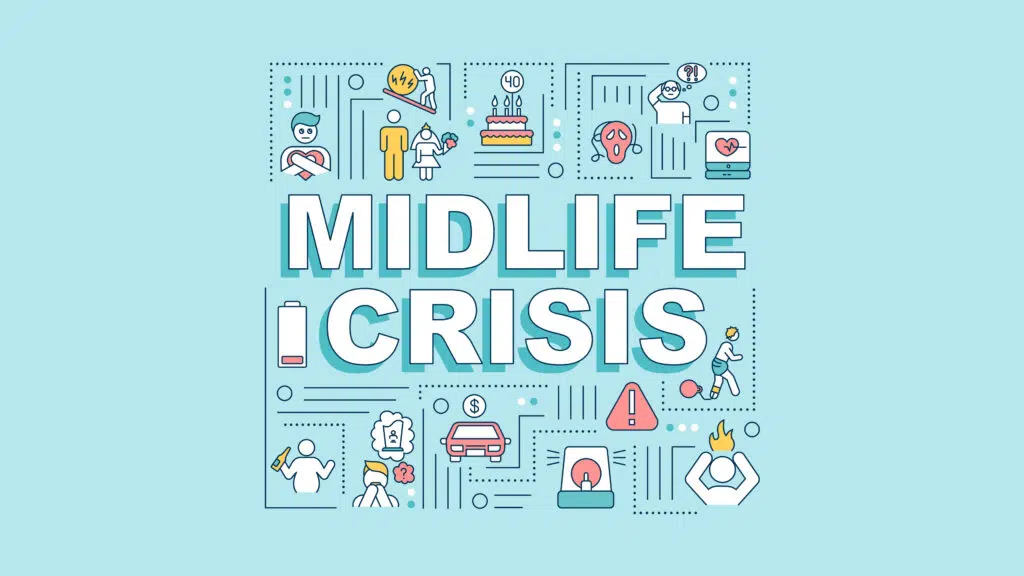How Can I Improve My Relationships?

If you have relationships in your life that you realize need improvement, know that simply recognizing the need is a vital first step in making relationships better.
At Thriving Center of Psychology, our team of highly skilled psychologists value the importance of healthy relationships. They offer a variety of services that can improve your relationship with yourself, your loved ones, and other people that contribute to your quality of life.
The complexity of relationships
Relationships are complex at every level. As humans, we develop relationships for a wide range of reasons, and the circumstances of life can sometimes have a negative impact on these connections.
Some common issues that can strain a relationship with a family member, a friend, or a romantic partner can include:
- Death
- Divorce
- Infidelity
- Financial issues
- Sexual or gender identity
- Physical or emotional abuse
New marriages and blending of families can also create relationship issues that affect all members of the family in different ways.
Signs a relationship needs improvement
Our team of psychologists recommends addressing relationship issues in the earliest stages, before issues get blown out of proportion and lives are altered.
You should seek their professional help if you notice changes in yourself, such as uncontrollable anger, mood swings, or frustration. It’s especially important that you meet with our team if you’re engaging in reckless behavior or self-medicating with alcohol or drugs.
While you can’t force help on someone else, know that the Thriving Center of Psychology team offers relationship therapy on different levels for individuals, couples, and groups.
The benefits of therapy for relationship issues
Professional therapy is an effective way to access the tools you need to improve yourself and your relationship with others.
Our therapists focus on helping you better cope with the circumstances that negatively impact your life and relationships. They also teach you how to improve your communication with others to break down the barriers that can result in arguments and hurt feelings.
Through a customized therapy plan, you can learn how to resolve existing relationship conflicts and prevent communication issues in the future. You’ll learn how to recognize your partner or loved one’s needs in a safe, judgement-free space and they, in turn, can learn more about what you need.
Therapy can also help you gain clarity about what you want in your life and relationships, so you can move forward with achieving your goals.
Convenient therapy options for everyone
Our providers at Thriving Center of Psychology offer therapeutic services to not only address conflicts but also the underlying triggers of relationship issues. They can address mental health disorders, such as post-traumatic stress disorder (PTSD), work stress, and substance abuse with strategies like:
- Psychotherapy
- Cognitive behavioral therapy
- Neurofeedback training
- Virtual reality exposure therapy
Therapeutic services are available at the office and through online video teletherapy, so you can have access to our therapists no matter where you are.
Get started on your journey to improve yourself and your relationships by booking an appointment online or over the phone with Thriving Center of Psychology today.

Unwind From the Chaos: A Beginner’s Guide to Mindfulness Meditation for Stress Relief
Research increasingly supports the effectiveness of mindfulness for stress reduction. Mindfulness focuses on self-management and empowering an individual to manage their own stress. So, how can mindfulness meditation help with stress, and what are the best ways to get started with your own practice? Let’s dive in.

How Do I Establish Healthy Boundaries
We often talk about setting healthy boundaries in the workplace, in relationships, with technology, and with ourselves. But what is a healthy boundary, why should you have them for your mental health, and what’s the best way to establish healthy boundaries? Let’s dive in.

Millennials in Crisis: Survey Finds 81% Can’t Afford a Midlife Crisis
Are Millennials a generation in crisis? Millennials are aging. The oldest in the generation is now 43, and the youngest is now 28. With age comes wisdom, but it also often leads to regret, nostalgia, and introspective questions about where people are in life. With the generation quickly approaching “middle age,” many are starting to feel these pressures.

What Are Practical Strategies for Managing Depression?
The number of U.S. adults who have been diagnosed with depression is on the rise, with young adults and women experiencing the most significant increases. We know that the effects of depression can ripple through every aspect of your life.

